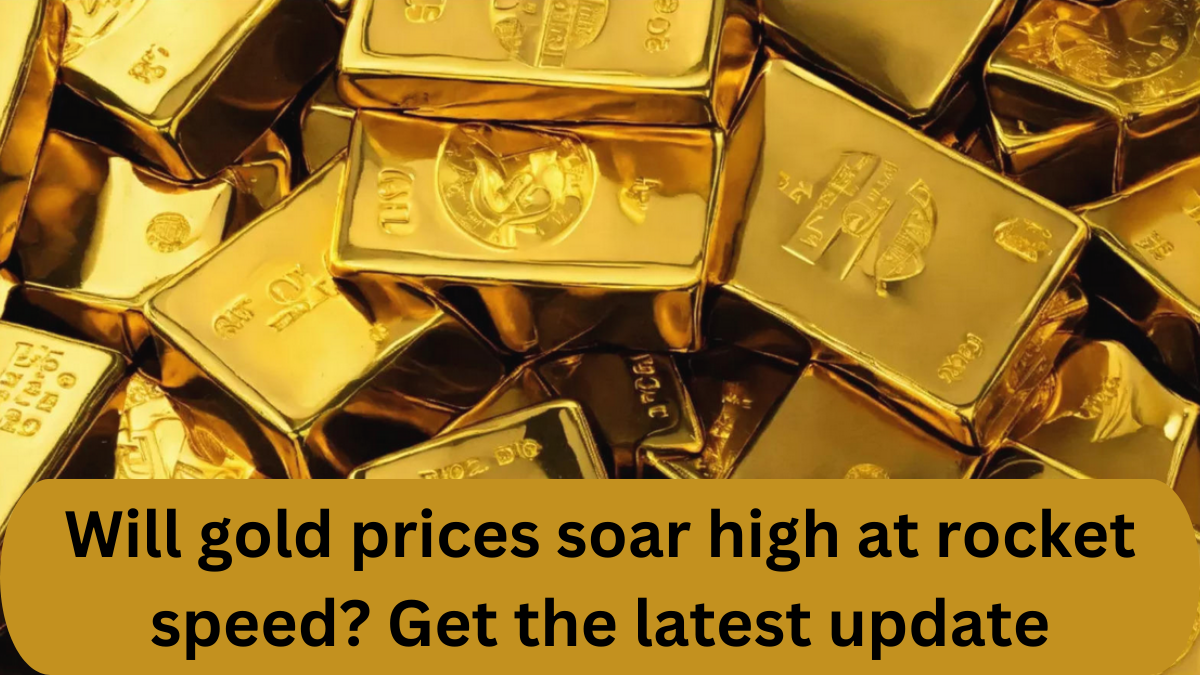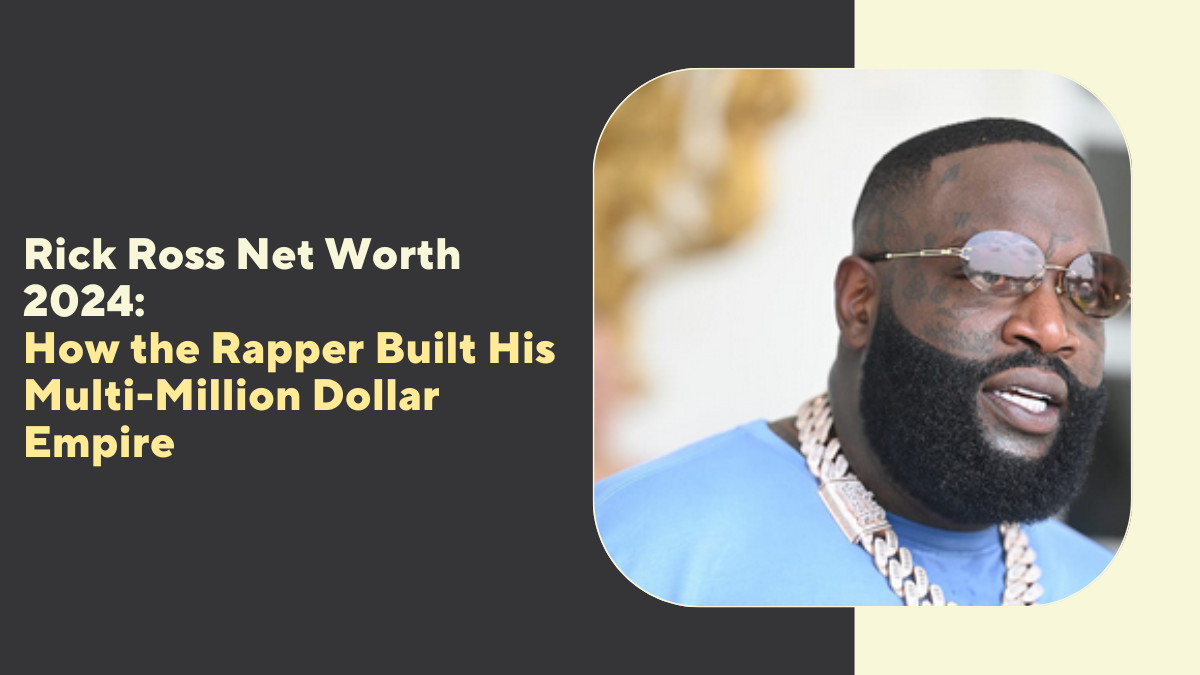The value of gold remains a topic of interest for investors and buyers alike, with frequent fluctuations influenced by domestic and global factors. As of December 9, there has been a minor rise in gold prices, while silver witnessed a decline. According to the Indian Bullion and Jewelers Association (IBJA), the cost of 10 grams of 24-carat gold has increased by ₹93, bringing it to ₹76,280. Meanwhile, silver has softened by ₹420, dropping to ₹90,400 per kilogram.

How Global Events Shape Gold Prices
Gold is considered a safe-haven asset, making it highly sensitive to international geopolitical and economic developments. Conflicts, political unrest, and central bank policies drive price trends.
The Geopolitical Impact on Gold Prices
One of the significant factors influencing gold prices is geopolitical Uncertainty. For instance:
- Middle Eastern Conflicts: News of disputes involving countries like Iran, Israel, and Syria often triggers volatility in gold prices. Such conflicts create economic Uncertainty, prompting investors to turn to gold as a secure investment option.
- Russia-Ukraine War: Ongoing tensions in Eastern Europe have sustained global instability, leading to increased demand for gold.
- Syria’s Current Situation: A significant development in Syria has added another layer of concern. Reports suggest that Syrian rebel groups have taken control of Damascus, forcing President Bashar al-Assad and his family to flee. The long-standing civil war in Syria, involving the U.S., Russia, Israel, and Iran, has intensified, potentially impacting global markets and pushing gold prices upward.
Central Bank Activity and Its Influence
Another major factor shaping gold prices is the buying behaviour of central banks. A recent example comes from China:
- China’s Gold Reserves Strategy: After a brief pause, the People’s Bank of China (PBOC) has resumed purchasing gold. Historically, such moves by China have led to significant price hikes. Earlier this year, heavy gold purchases by China were correlated with a sharp rise in prices.
Gold Price Predictions: What Lies Ahead?
While short-term fluctuations in gold prices are evident, long-term projections remain mixed.
- Economist Insights: Anand Srinivasan, a noted economist, predicts continued fluctuations in gold prices until March 2025. He suggests that prices may dip by as much as ₹2,500 during this period.
- Long-Term Outlook: Despite short-term volatility, the long-term prospects for gold remain strong. Experts believe that gold prices could climb to ₹1 lakh per 10 grams in the future, making it a lucrative option for existing investors.
Factors Influencing Gold Prices
The table below summarizes key factors affecting gold prices:
| Factor | Impact on Gold Prices |
|---|---|
| Geopolitical Conflicts | Increases demand for gold as a safe-haven investment |
| Central Bank Purchases | Boosts prices due to increased demand |
| Inflation and Currency Trends | Higher inflation and weaker currency drive gold prices up |
| Economic Uncertainty | Encourages investors to shift toward gold as a secure asset |
| Supply and Demand Dynamics | Limited supply and growing demand elevate prices |
FAQs
Q1: Why do geopolitical conflicts impact gold prices?
A1: Gold is a secure investment during uncertain times. Conflicts disrupt economic stability, driving investors toward gold to protect their wealth.
Q2: How do central banks influence gold prices?
A2: Central banks, like the People’s Bank of China, buy gold to diversify reserves, which increases global demand and pushes prices higher.
 OSSTET 2025: Your Gateway to a Fulfilling Teaching Career in Odisha
OSSTET 2025: Your Gateway to a Fulfilling Teaching Career in Odisha
 Kolkata Metro Apprentice Recruitment 2025: Your Comprehensive Guide
Kolkata Metro Apprentice Recruitment 2025: Your Comprehensive Guide
 RSMSSB Librarian Grade-III Recruitment 2025: A Comprehensive Guide
RSMSSB Librarian Grade-III Recruitment 2025: A Comprehensive Guide
 RPSC Assistant Professor Recruitment 2025: A Detailed Guide to Your Dream Career
RPSC Assistant Professor Recruitment 2025: A Detailed Guide to Your Dream Career
 CDS Salary Structure, Allowances, and Career Progression (2025)
CDS Salary Structure, Allowances, and Career Progression (2025)





Q3: Are gold prices expected to rise significantly?
A3: While short-term fluctuations may occur, experts predict gold prices could reach ₹1 lakh per 10 grams in the long run, driven by increasing demand and limited supply.
Q4: Should new investors buy gold now?
A4: Gold remains a prudent choice for new investors for portfolio diversification and long-term security, but monitoring price trends and consulting financial advisors is essential.
Q5: How does inflation affect gold prices?
A5: High inflation erodes currency value, making gold a preferred investment, thereby increasing prices.
Investors can make strategic decisions about buying or holding gold by staying informed about these factors and market trends. With its enduring appeal as a safe-haven asset, gold is a reliable investment choice during uncertain times.
Click here to know more.





